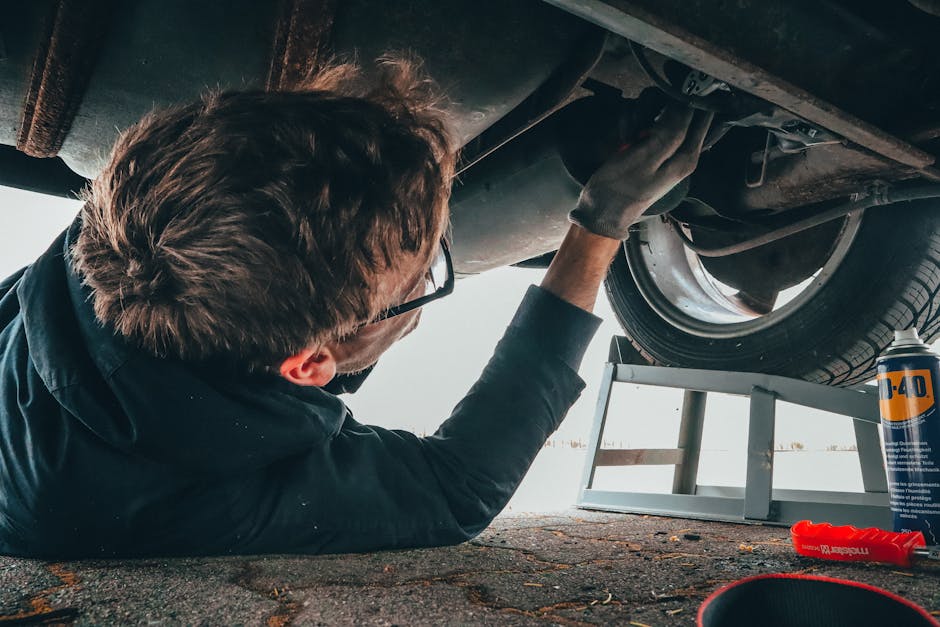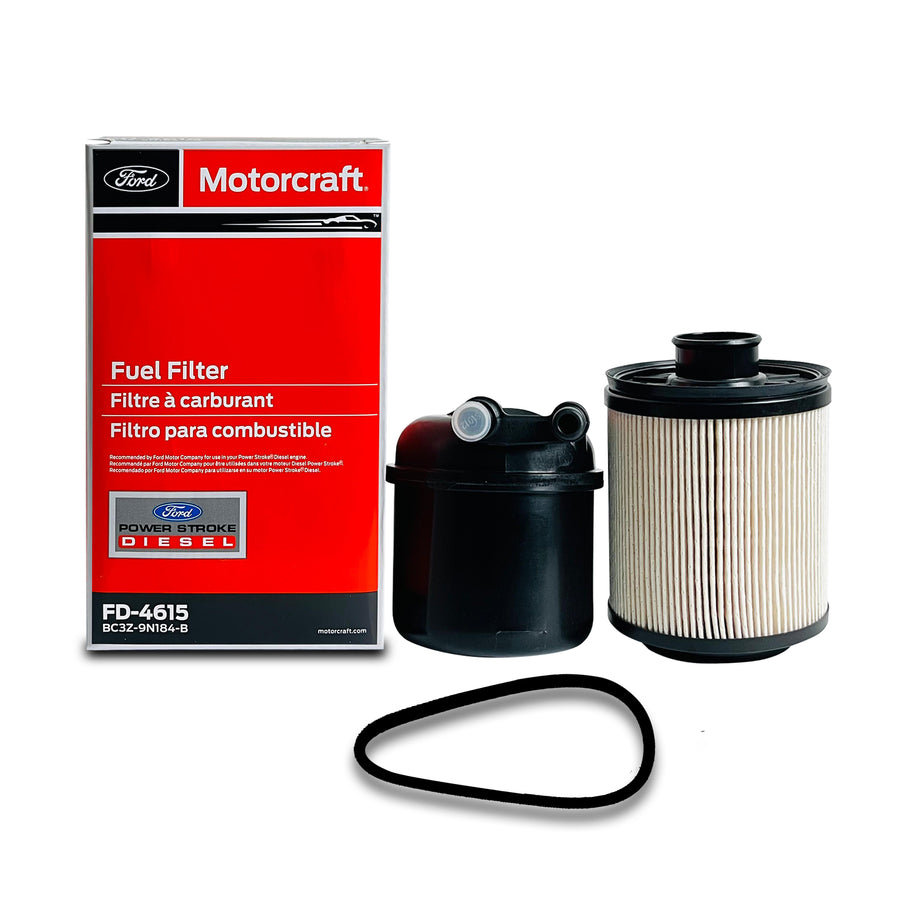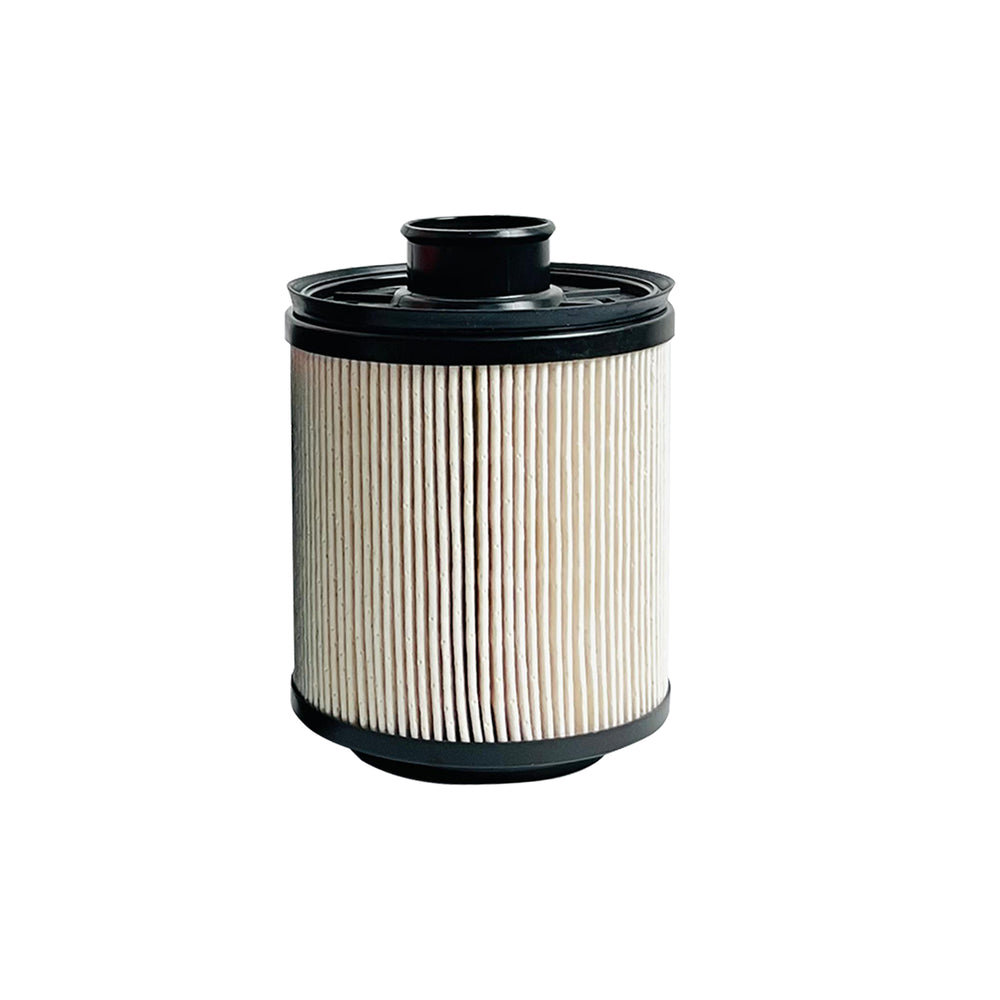The Environmental Benefits of Regular Auto Air Filter Changes
Introduction to Auto Air Filters and Their Importance
Your car breathes, just like you. But instead of lungs, it has an air filter. This part plays a huge role in keeping your car’s engine clean and running smoothly. Think of it as a guardian that filters out the bad stuff—dirt, dust, and debris—before they can enter the engine. Without a clean air filter, your car’s engine would have to work much harder. This extra effort can lead to more fuel being burned than necessary. Plus, a dirty air filter can cause a buildup of harmful substances inside your engine, leading to costly repairs down the line. Regularly changing your auto air filter is a small step that has big benefits—not just for your car, but also for the environment. Cleaner engines mean cleaner emissions. By simply maintaining this part of your car, you’re helping reduce pollution and contributing to a healthier planet. It’s a win-win: save money on fuel and repairs while doing your part for the environment.
How Auto Air Filters Affect Vehicle Emissions
A clean auto air filter is like a breath of fresh air for your car’s engine—it lets your car breathe easy, and when your car breathes easy, it runs smoother and cleaner. Here’s the deal: cars with dirty or clogged air filters have to work harder, which means they end up spewing more pollutants into the air. It’s simple—more stress on your engine equals more emissions. By keeping your air filter clean, you’re not just doing your engine a favor; you’re helping the planet too. The cleaner the filter, the cleaner the exhaust. Every time you replace that filter, you’re essentially cutting down the amount of bad stuff your car throws into the air. So, next time you’re thinking about skipping that filter change, remember, it’s not just about your car’s health—it’s about the earth’s health too.
Reducing Environmental Pollution with Regular Changes
Switching out your car’s air filter regularly isn’t just good for your vehicle; it’s a straightforward action that can help battle environmental pollution. Here’s the deal: a clean air filter improves your car’s efficiency by allowing air to flow freely to the engine, leading to better fuel consumption. When your car uses fuel more efficiently, it produces fewer emissions. What does this mean for the environment? Lower emissions translate to less air pollution. In fact, a dirty air filter can increase your car’s fuel consumption by up to 10%. That’s more harmful gases like carbon monoxide and nitrogen oxides pumped into our air with every drive. By keeping that filter clean, you’re essentially cutting down on the pollution your vehicle contributes to the atmosphere. It’s a small step, but if everyone does it, the impact is huge. Think of it as doing your part to keep the air clean and fight against the smoke and smog that harm our planet. So, remember, changing your air filter regularly isn’t just maintenance; it’s a contribution to a cleaner environment.
Engine Performance and Fuel Efficiency Benefits
Changing your car’s air filter isn’t just a minor maintenance task; it packs a significant punch for both your engine’s performance and your wallet through improved fuel efficiency. Here’s how it works: a clean air filter allows your engine to breathe easier, operating more efficiently. This means your car doesn’t have to work as hard, leading to better fuel economy – you’ll be visiting the gas station less often. The U.S. Department of Energy suggests that replacing a clogged air filter can improve your mileage by up to 15%. Think about it; for every gallon of fuel your car consumes, a clean filter could be saving you precious miles. Plus, this isn’t just about immediate savings. Over time, maintaining optimal engine performance extends the life of your engine, avoiding costly repairs down the road. Simply put, it’s a win-win for your car and your budget.
The Impact of Clogged Air Filters on the Environment
Clogged air filters in your car are bad news for the planet. Let’s break it down. Your car’s engine needs air to function properly. When the air filter is clogged, the engine has to work harder. This means it uses more fuel. More fuel consumption leads to higher emissions. Essentially, you’re contributing to air pollution each time you drive with a clogged filter. It’s like smoking in a no-smoking zone, but for the environment. Clean filters, on the other hand, help your car burn fuel more efficiently. This reduces emissions. So, changing your car’s air filter regularly is not just good for your vehicle; it’s a high-five to Mother Earth. Think of it as a small step with a big impact. Keep your filters clean, your emissions low, and help keep our skies clearer.
Recommended Schedule for Changing Auto Air Filters
For your car to breathe easy and stay eco-friendly, sticking to a timely air filter change is crucial. Experts suggest swapping your car’s air filter every 12,000 to 15,000 miles. That’s roughly once a year for the average driver. Yet, if you’re often driving on dusty roads, you might need to do it more frequently. Think of it this way, if your lungs were clogged, you’d struggle to do much. It’s the same with your car. A clogged air filter makes your engine work harder, which means burning more fuel and pumping out more emissions. This isn’t just about keeping your car running smoothly. It’s about keeping the air clean for all of us. So, mark your calendar, and let’s make every mile a cleaner one.
How to Properly Dispose of Old Air Filters
Disposing of old air filters the right way is crucial for our planet. Sadly, most car air filters are made of materials that can’t be recycled in the usual bins. This means throwing them in your recycling bin won’t cut it. But, don’t fret. You’ve got options. First, check if the manufacturer has a take-back program. Some companies will handle the disposal for you. If that’s a no-go, consider your trash the last resort. Before that, see if your local waste management facility has a hazardous waste drop-off. Air filters aren’t typically hazardous, but this option assures they’re dealt with responsibly. Remember, it’s on us to minimize our environmental footprint. This small step with air filters is part of a larger journey to keep our planet healthy.
DIY Air Filter Change: Step-by-Step Guide
Changing your car’s air filter is easier than you think, and doing it yourself can save you money and help the environment. Let’s walk through the basic steps. First, make sure your car is off and cool. Pop the hood and find the air filter housing; it’s usually a black plastic box with metal clips or screws. Open it up. Take out the old filter. Notice how dirty it is? That’s what you don’t want entering your engine. Compare the old filter with the new one to make sure they match. Slide the new filter in, making sure it fits snugly. Close the housing, secure the clips or screws, and you’re done. This simple task, done every 12,000 to 15,000 miles, can improve your car’s efficiency and reduce harmful emissions. Plus, you get the satisfaction of doing it yourself. Drive clean, live green.
Professional Service vs. DIY: What’s Best for the Environment?
When it comes to changing your car’s air filter, you might wonder if it’s better to do it yourself or take it to a professional. Both have their environmental impacts. DIY air filter changes mean you buy the filter and replace it yourself. This cuts down on the emissions your car would make driving to a service center. Plus, you can ensure the old filter is properly recycled or disposed of. Yet, not everyone knows how to do this right. A mistake could mean your car isn’t as fuel-efficient, leading to more emissions over time. Professional service, on the other hand, guarantees the job’s done right. Mechanics can also check if other issues might be affecting your car’s emissions. However, taking your car in means extra driving, contributing slightly to air pollution. The best choice? If you’re confident in your skills, DIY is great for the environment. If unsure, a professional’s expertise ensures your car runs efficiently, which is also good for the planet.
Summary: The Global Impact of Maintaining Auto Air Filters
Keeping your car’s air filter in good shape is more than just car care; it’s a small step with big outcomes for our planet. Think of it this way: a clean air filter means your car breathes better. Just like you, when it breathes easier, it functions more efficiently. This efficiency translates into less fuel burned for every mile you drive. Burning less fuel means your car releases fewer emissions into the atmosphere. It’s a simple equation: less fuel equals less pollution. This reduction in emissions is crucial in the fight against climate change. Plus, less fuel consumption also means preserving precious fossil fuel resources. It’s not just about saving money at the gas station—it’s about making a positive difference on a global scale. Every clean air filter counts towards a healthier planet.






